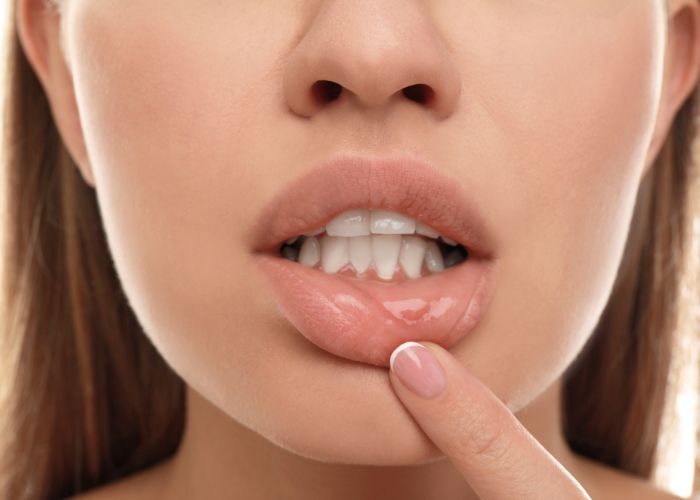Are you tired of dealing with painful, recurring cold sores? While cold sores (caused by the herpes simplex virus, HSV-1) have no permanent cure, advancements in medical science and lifestyle strategies can significantly reduce outbreaks, minimize symptoms, and even lead to long-term remission. This blog dives into proven treatments, preventive measures, and emerging therapies to help you achieve clear, confident skin.
Understanding Cold Sores: Triggers and Challenges
Cold sores are fluid-filled blisters that typically appear around the lips, triggered by HSV-1. Once infected, the virus remains dormant in your nerve cells and reactivates due to stress, fatigue, sun exposure, hormonal changes, or a weakened immune system. While outbreaks can’t be eliminated forever, managing triggers and adopting targeted solutions can drastically reduce their frequency and severity.
Medical Treatments for Long-Term Control
- Antiviral Medications: Prescription drugs like acyclovir, valacyclovir, and famciclovir are gold-standard treatments. Taken at the first sign of tingling, they shorten healing time and suppress viral activity. For frequent outbreaks, daily suppressive therapy can reduce recurrence by up to 80%.
- Topical Creams: Over-the-counter options like docosanol (Abreva) or prescription creams (e.g., penciclovir) speed healing when applied early.
Natural Remedies to Complement Treatment
- Lysine Supplements: This amino acid may inhibit HSV replication. Studies suggest taking 1,000–3,000 mg daily during outbreaks.
- Propolis: A bee-product ointment with antiviral properties can reduce symptoms and healing time.
- Aloe Vera and Tea Tree Oil: These soothe inflammation and prevent bacterial infections in blisters.
Lifestyle Adjustments for Prevention
- Boost Immunity: A diet rich in zinc, vitamin C, and antioxidants strengthens your immune response. Consider supplements like elderberry or echinacea.
- Manage Stress: Practice yoga, meditation, or deep breathing to lower cortisol levels, a common outbreak trigger.
- Sun Protection: Apply SPF 30+ lip balm to shield against UV rays, which can reactivate HSV-1.
Emerging Solutions: The Future of Cold Sore Management
Researchers are exploring groundbreaking therapies for long-term relief:
- Gene Editing: CRISPR technology aims to target and disable HSV DNA in nerve cells.
- Therapeutic Vaccines: Candidates like *GEN-003* focus on boosting immune response to HSV.
- Laser Therapy: Low-level laser treatments (LLLT) reduce pain and accelerate healing without scarring.
Key Takeaways for Clear Skin
While HSV-1 can’t be eradicated permanently, combining medical treatments, natural remedies, and lifestyle changes can help you achieve near-permanent remission. Early intervention, immune support, and avoiding triggers are critical to keeping outbreaks at bay.
Final Tip: Always consult a dermatologist or healthcare provider to tailor a plan to your needs. With consistency and the right strategies, you can say goodbye to frequent cold sores and embrace healthier, clearer skin.


